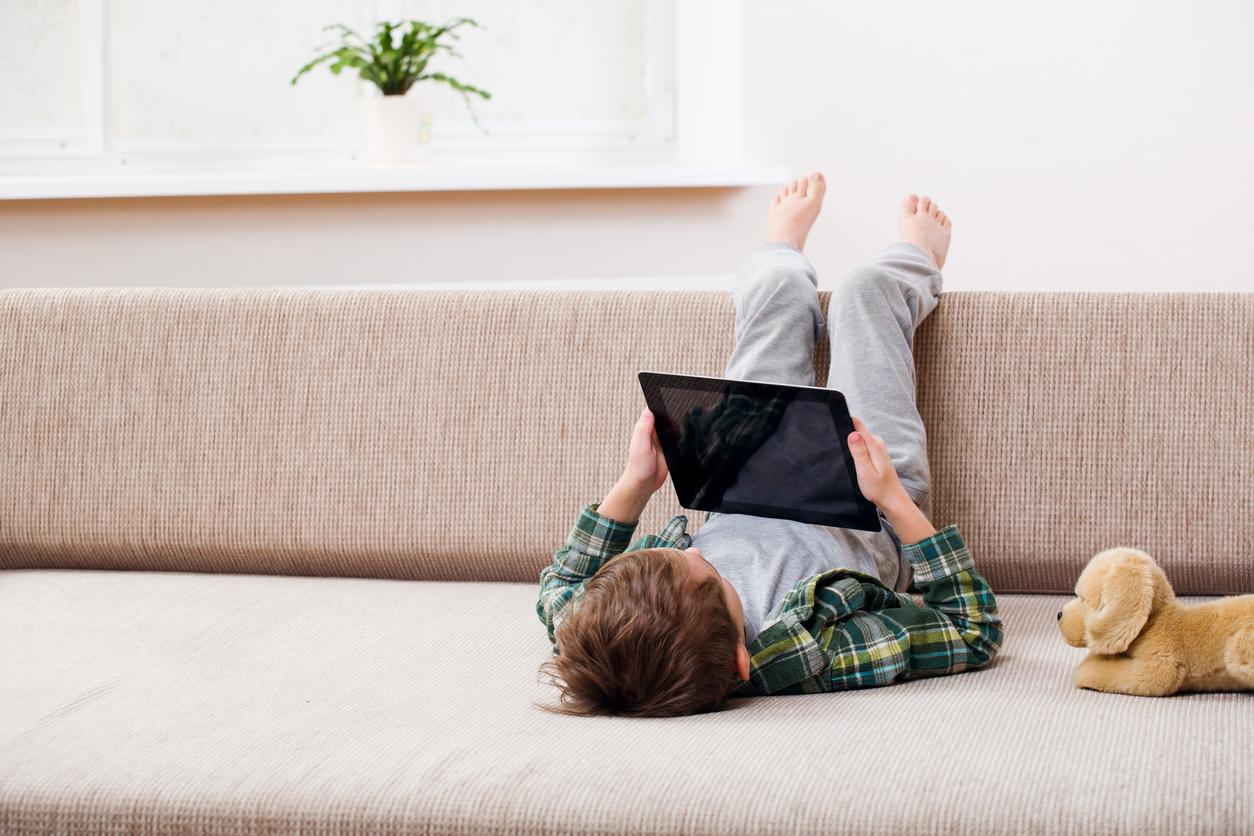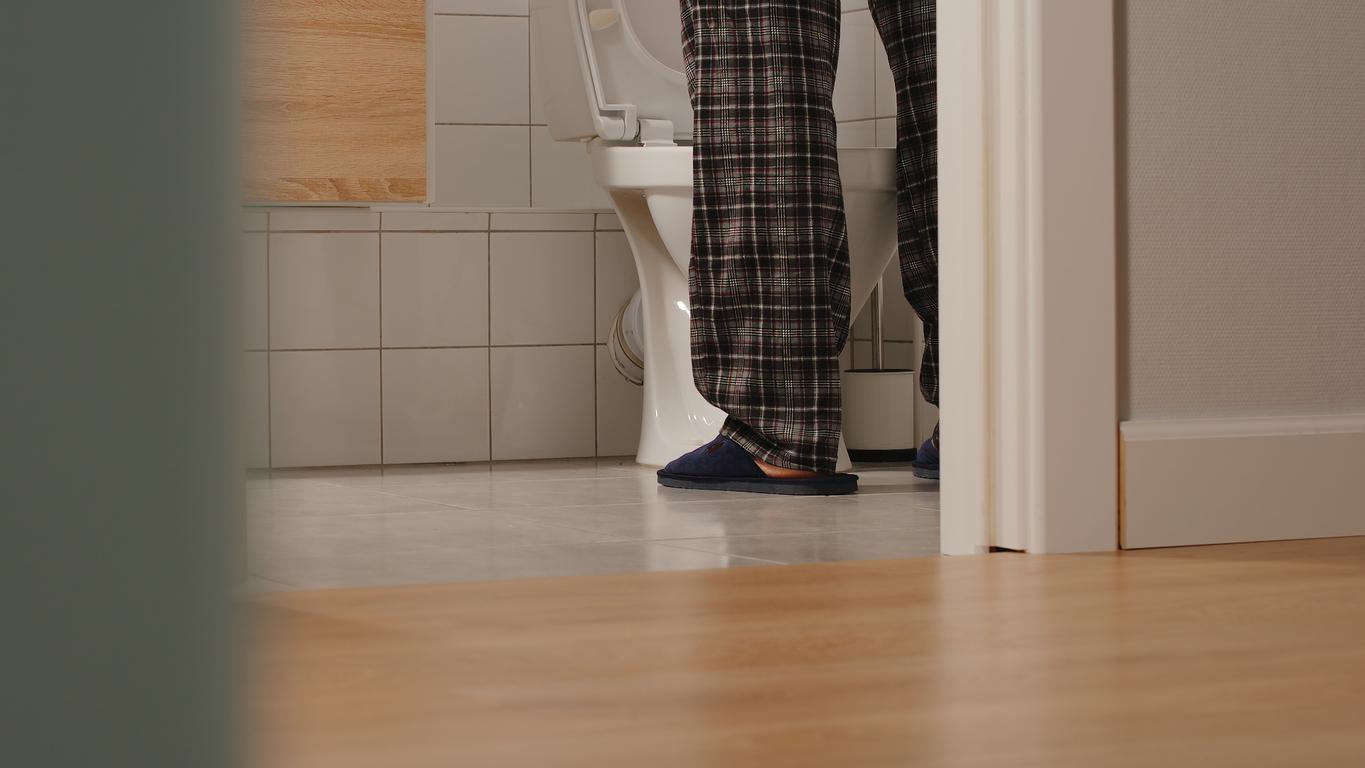Irritability, lack of attention and concentration… a neuropsychologist explains why the use of screens by children under six should be limited as much as possible.

- According to a recent study, the average time spent each day by children under two in front of screens was 3h11 in 2022.
- However, their use must be limited as much as possible according to a neuropsychologist who underlines their harmful effects on the cognitive development of toddlers.
- Too much time spent on screens can increase children’s irritability or even reduce their ability to concentrate and remember.
Mobile phone, tablet, television, connected watch… screens are everywhere and it is very difficult to protect children from these sources of blue light. As proof, the average time spent each day by children under two in front of screens in 2022 was… 3 hours and 11 minutes ! Figures that only increase with age, which worries a good number of early childhood specialists. Tech gurus Bill Gates and Steve Jobs have also both said in interviews that they limit their children’s screen use…that’s saying something!
Screens: children “are more irritable and have poorer attention than those who do not use them”
“Children who regularly come into contact with cell phone, tablet or computer screens are more irritable and have poorer attention, memory and concentration than those who do not use them”, explains Dr. Álvaro Bilbao in his book Understanding your child’s brain. The neuropsychology doctor and brain injury expert, mentions several researches on the subject which show that the risk of psychological and behavioral problems increases as toddlers spend time on these digital tools. These disorders include depression, ADHD (attention deficit disorder with or without hyperactivity) or the development of an addiction.
Parents: when to offer screens to children?
According to Dr. Bilbao, screens must “gradually end up in the hands of the child“once they have acquired emotional and intellectual development, ideally after six years. In particular, he criticizes certain applications designed for young children from 2 or 3 years old, which would do more harm than good, possibly causing them to “lose interest in other activities that are more beneficial to their development”. “Rather than going towards a greater attention span and more mind control of the child, this in my opinion causes a delay… It would be like giving an 800 CC motorbike to a child who has just learn to walk.”
The specialist and father of three nevertheless asserts that “once in a while my kids use the cell phone to look at pictures from our vacation…and we do it together. Sometimes we watch a song with them and learn the dance moves, but they don’t play games. We also limit their time in front of the television”.
Some tips for healthy child brain development
In his book, Dr. Bilbao gives some keys to parents to help them put in place a framework offering their offspring a healthy intellectual and emotional development. Each tip is related to a specific brain area and how it develops in children. He recalls in this respect that the behavior of toddlers is controlled by the brainstem, ie the reptilian brain, and the limbic system, ie the emotional brain; and not by the rational brain. In addition to limiting screens, he advises parents to:
- let children be bored, as this encourages creativity;
- not yelling at a child as this disables the part of the brain that helps manage boundaries;
- using social rather than material rewards to reinforce the rules, for example, letting the child carry the keys for you;
- never use “smart punishments” that can make a lonely child realize that being reprimanded gets their attention.


















